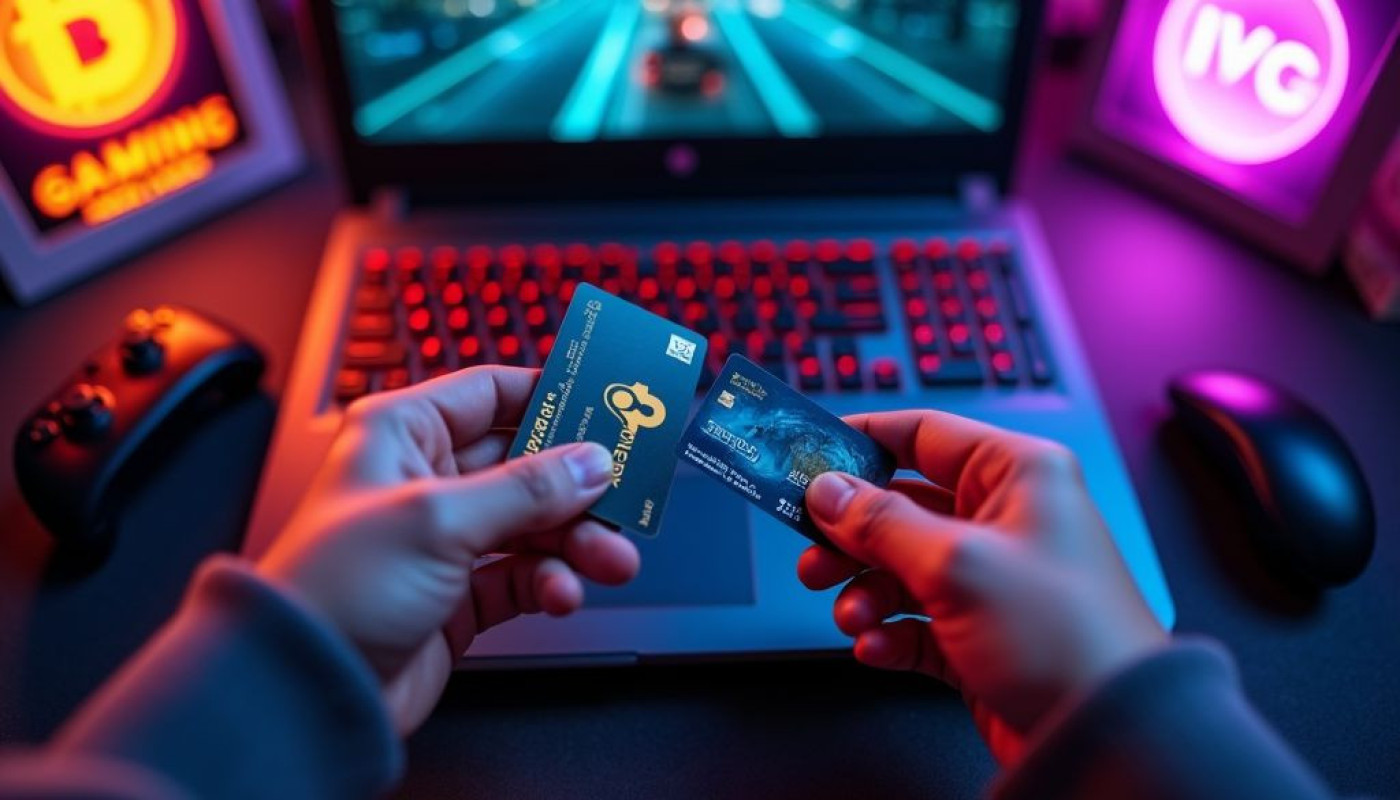Table of contents
Imagine a world where access to the latest entertainment and live events is just a click away. Virtual ticketing is transforming the way audiences engage with their favorite performances and spectacles, breaking down geographical barriers and providing unparalleled convenience. As this digital innovation reshapes the landscape of the entertainment industry, join us in exploring how virtual ticketing is revolutionizing the experience of spectators around the globe.
The Shift to Virtual Ticketing Platforms
The progression from tangible paper stubs to sophisticated digital tickets has been a transformative chapter in the realm of event access and management. This shift has not only streamlined the way attendees receive and hold their tickets but has also paved the way for a plethora of features that enhance the customer experience. With the rise of virtual ticketing systems, consumers now enjoy unparalleled convenience—the hassle of lost or forgotten tickets is a thing of the past. Digital platforms facilitate seamless transactions, offering instant delivery and storage of tickets directly on mobile devices. This evolution underscores the trend towards mobile optimization, ensuring that tickets can be easily accessed and managed on-the-go.
In the domain of entertainment technology, virtual ticketing platforms have become a standard, offering a range of options that cater to the diverse preferences of event-goers. From selecting seats to previewing venue layouts, and even the ability to transfer or resell tickets, the digital ecosystem has revolutionized the way consumers interact with live events. The convenience of e-ticketing extends beyond mere acquisition; it includes personalized recommendations, streamlined entry processes at venues, and the ability to integrate with social media, making the entire experience more interactive and social.
Embracing these technological advancements, brands like Spinwiz have emerged as examples of how the industry is leveraging digital solutions to elevate the customer journey. These platforms not only simplify ticket acquisition but also provide analytics and insights that help event organizers understand and engage their audiences more effectively. As virtual ticketing continues to evolve, it remains evident that the integration of such technology is not just a trend but a steadfast component of the future of entertainment and live events.
Enhanced Customer Experience
Virtual ticketing is transforming the way attendees interact with entertainment and live events by significantly enhancing the customer experience. With the advent of sophisticated platforms, patrons enjoy a personalized service that extends beyond mere seat selection. Advanced algorithms offer suggestions based on past preferences, leading to a more tailored event personalization that resonates with individual tastes. Moreover, the integration of real-time analytics allows for a responsive and dynamic approach to customer engagement. Additionally, one of the most appreciated benefits is queue reduction; digital ticketing systems streamline the entry process, enabling a seamless entry to venues. This elimination of physical lines not only saves time but also significantly reduces the stress associated with waiting, thereby improving overall satisfaction and the likelihood of future attendance.
Increased Accessibility and Inclusion
The advent of virtual ticketing is a game-changer in expanding the reach of entertainment and live events to a global audience. Leveraging geolocation technology, this innovative approach dismantles geographical barriers, granting remote access to individuals who, due to distance or transportation limitations, would otherwise miss out on such experiences. Furthermore, virtual ticketing champions inclusive events, ensuring that those with disabilities, who may face challenges with physical venues, can enjoy performances and events from the comfort of their own homes. Live streaming capabilities embedded within virtual ticketing platforms mean that anyone with internet connectivity can partake in cultural and entertainment offerings that were once restricted to specific locales. This progress, fostering wider accessibility, unequivocally enhances cultural exchange and empathy across diverse populations, enriching the event-going experience for all.
Impact on Event Management and Operations
Virtual ticketing is a transformative force in event management, offering a myriad of benefits for organizers seeking to optimize their operations. With the advent of cloud-based solutions, these digital systems simplify the ticketing process, providing a user-friendly interface for both staff and attendees. This leads to streamlined operations, reducing the manual workload and minimizing the potential for error. Moreover, virtual ticketing systems are equipped with robust data analytics capabilities, allowing event professionals to gain valuable insights into buyer behavior and preferences. This in-depth analysis can guide marketing strategies and improve audience engagement, thereby enhancing the overall success of events. The integration of such technology also contributes to operational efficiency, ensuring that resources are allocated effectively and that attendees have smooth access to the entertainment or live event they anticipate. As a result, the adoption of sophisticated ticketing systems is becoming increasingly pivotal for event organizers aiming to stay competitive in a dynamic industry.
Future Trends in Virtual Ticketing
The future of ticketing is poised for transformative changes, largely propelled by technological advancements that aim to enhance the experience for consumers and streamline operations for event organizers. One notable innovation in event technology is the integration of blockchain technology. Blockchain's decentralized nature offers a more secure and transparent way to manage ticket sales, effectively eliminating fraud and unauthorized reselling. For consumers, this could mean a significant reduction in counterfeit tickets and a guarantee of authenticity when purchasing access to their favorite shows or events.
In the realm of event technology, the implementation of predictive analytics is set to revolutionize how events are marketed and executed. By analyzing vast amounts of data, organizers can predict consumer trends, tailor their offerings, and optimize pricing strategies. This level of personalization not only enhances the customer experience but also maximizes revenue potential for events. Moreover, as virtual reality (VR) and augmented reality (AR) continue to mature, they could allow attendees to experience events in immersive new ways, potentially expanding access to those unable to attend in person.
Looking ahead, seamless integration between virtual ticketing platforms and smart devices will likely provide a more intuitive and frictionless experience. Whether it's through biometric identification or real-time, location-based services, the future promises a more connected and engaging journey from ticket purchase to the event itself. As these technologies converge, the impact on both consumers and event organizers will be profound, offering unprecedented levels of convenience, security, and engagement in the realm of live entertainment and events.
Similar

How Will Advanced Virtual Assistants Impact Daily Productivity?

Exploring Alternative Payment Methods For Online Gaming Platforms

Maximizing Your Earnings On Virtual Chicken Crossing Games

How Adaptive Difficulty Enhances Gaming Experiences

Top Trends In Sustainable Fashion For A Conscious Wardrobe

Exploring The Latest Trends In Digital Innovation And Technology

The Psychological Benefits Of Engaging In Creative Wordplay Games

Poker on streaming: the revolution in live play

Exploring The Benefits Of Personalized Entertainment Recommendations

Exploring Traditional And Modern Fusion In Japanese Cuisine

Exploring The Impact Of Minimalist Design On User Engagement

Exploring The Future Of Online Music Learning Platforms

Exploring The Latest Trends In Brazilian Music Streaming Services

How Personalized Entertainment Feeds Are Changing Media Consumption

Exploring The Benefits Of Specialized Content Discovery Platforms

Exploring Innovative Online Platforms For Brazilian Music Lovers

Exploring The Impact Of Minimalist Web Design On User Engagement

Exploring The Benefits Of Online Event Management Platforms For Small Businesses

Tips For Beginners To Safely Enjoy Online Gambling

Exploring The Benefits Of Personalized Content Discovery Platforms

Exploring Traditional Japanese Crafts Through Online Platforms

Exploring Modern Japanese Fashion Trends Through An Online Platform

Exploring The Benefits Of Digital Music Platforms For New Artists

Exploring The Benefits Of Bilingual Education In Early Childhood Development

Exploring The Benefits Of Advanced Event Discovery Platforms

Exploring The Impact Of Traditional Arts On Modern Japanese Design Aesthetics

How Learning Japanese Can Open Doors To Unique Cultural Experiences

Exploring Traditional Japanese Crafts Through An Innovative Online Platform

Exploring The Impact Of Modern Japanese Lifestyle On Global Fashion Trends

Exploring The Latest Trends In Japanese Fashion And Lifestyle

Exploring Traditional Japanese Crafts And Their Modern Applications

Exploring The Benefits Of Innovative Online Entertainment Platforms

Exploring The Rise Of Online Gambling In Australia

The Psychological Effects Of Online Gambling Explained

How To Recognize Fair Play Certifications In Online Gaming

The Benefits Of Loyalty Programs Offered By Gaming Sites

The Role Of Random Number Generators In Online Gaming

Using Statistical Analysis To Improve Gaming Strategies

Exploring The Thrills Of Playing Online Crash Games For Free

Understanding Risk Levels In Road Crossing Casino Games

How To Choose The Right Affiliate Program For Your Website

Exploring The Thrill Of Crash Gaming With A New Online Airplane Game

